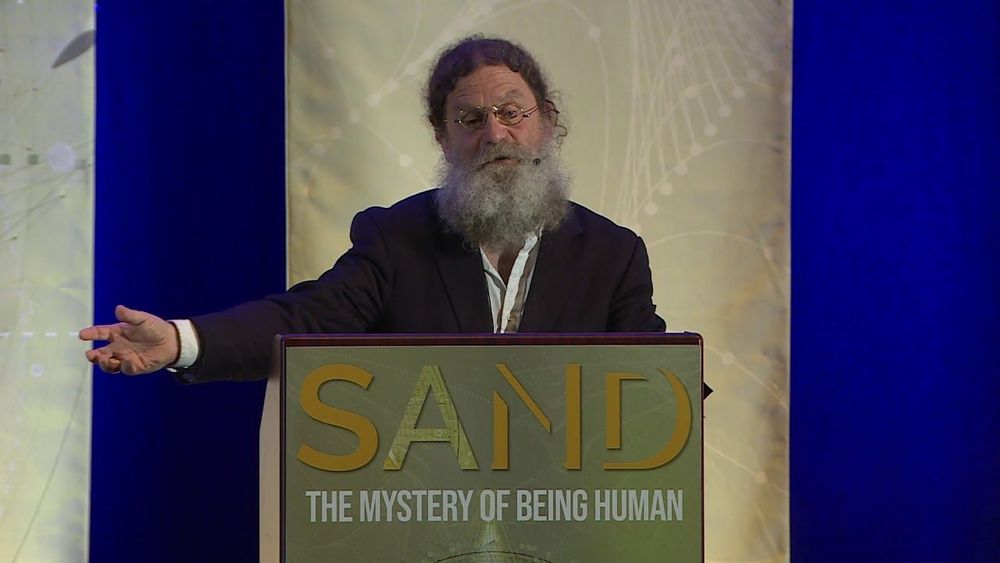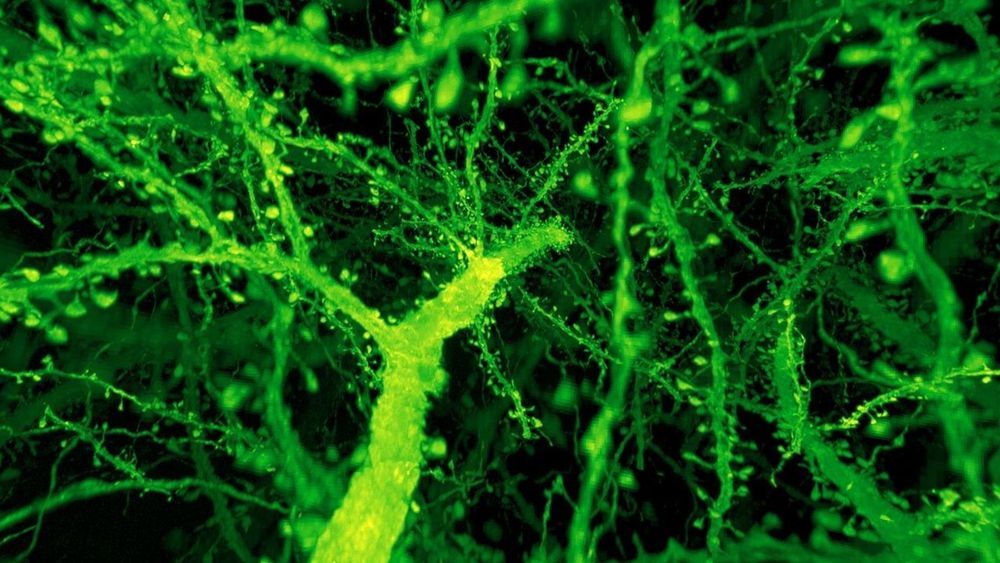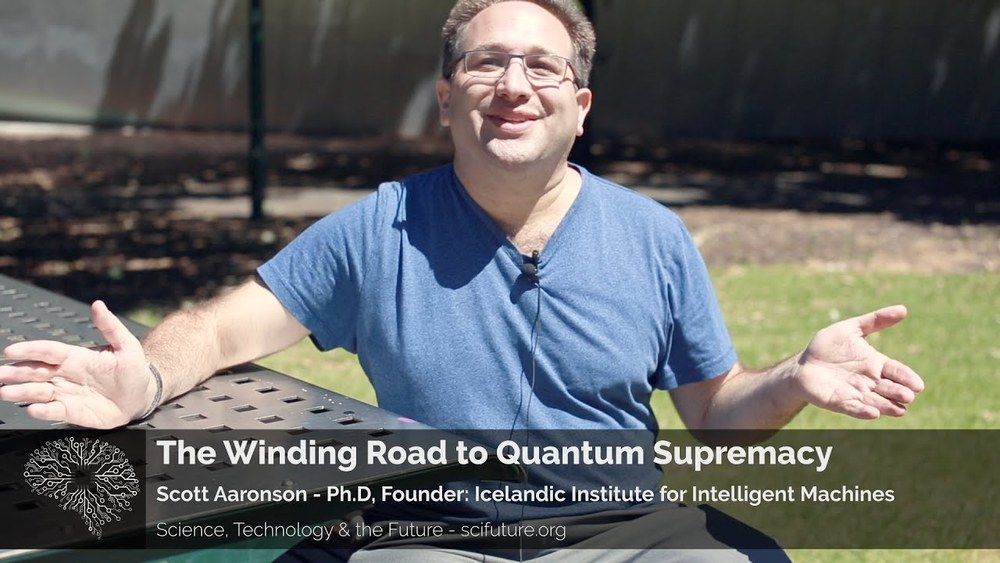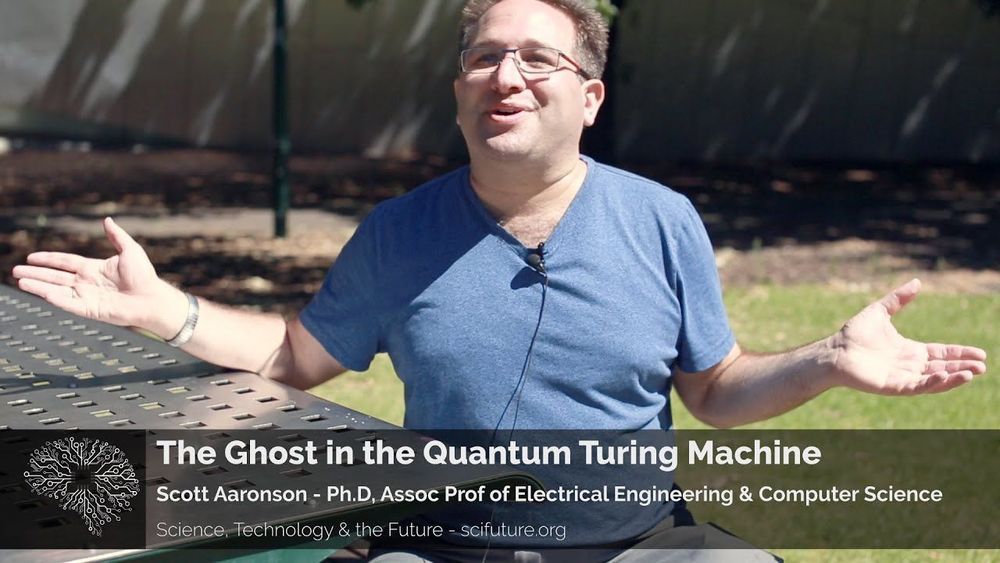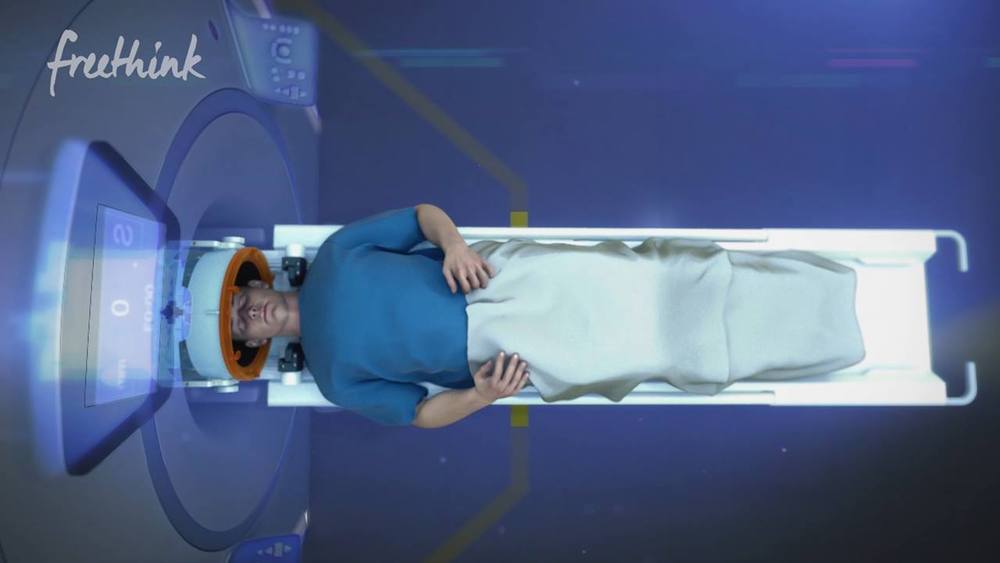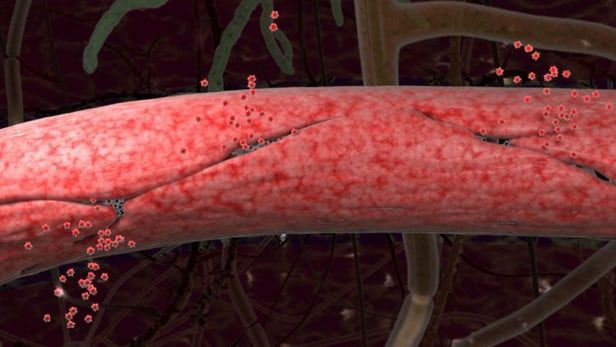
“We wanted to be more precise here and identify the region and the cells that are responsible for pain unpleasantness,” Scherrer tells Inverse. “We thought if we could find the center, or the cells in the brain that make pain unpleasant, perhaps acting on these cells could be a good strategy to reduce pain in chronic pain patients.”
It’s already established that the amygdala plays a role in the emotional component of pain, but this team actually found the exact cells in the amygdala responsible for those unpleasant pain messages by using a “miniscope,” a tool created by Schnitzer, and observing how mice responded to painful stimuli.
When mice in their experiment were exposed to a drop of scalding water, a given a pinprick, or asked to run along unpleasantly hot tracks, these cells in the amygdala were highly active. Importantly, Schnitzer adds, they didn’t light up when the mice were exposed to other stimuli like sugar water or a bad smell. “Every time mice were unpleased with the stimulation, we saw that these cells were turned on,” he adds.
Continue reading “Scientists Figured Out How to Separate Pain From Physical Suffering” »
